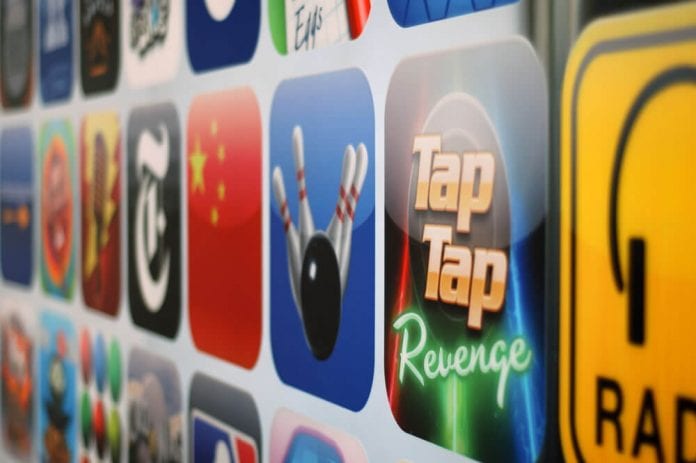The global app market has grown at a jaw-dropping rate over the past decade with the latest estimates valuing the industry at almost $51 billion. Indeed, with Google Play and the Apple App Store offering more than 3.1 million apps between them, it’s fair to say that mobile entertainment is big business.
By far the most popular type of app available for download is the humble games app. Shaped in a variety of ways and offering a plethora of playing experiences, from classic arcade games to casino options and puzzles, there are plenty of ways for smartphone owners to have fun on the run. In fact, according to Mike Rose, a game publisher at tinyBuild, 2015 saw an average of 500 games launched daily on Apple’s App Store.
Naturally, with games being such a hot commodity in the mobile app world, developers have been searching for the best ways to monetize their products. A few years ago it was all about a single fee for downloading a premium game; however, in more recent times, developers have started to use the “freemium” model. Essentially giving users the game for free and then charging them for upgrades or to progress in the game through in-app purchases, the freemium model has received a mixed response from users.
Nintendo Could Learn from 32Red
In fact, to illustrate the uncertainty around this style of app we can look at Nintendo’s first mobile app, Miitomo, and compare it to another, more obvious, non-free game supplier, 32Red. Since the turn of the millennium, the online casino industry has become a huge enterprise with the latest figures suggesting it has a global value of more than $40 billion.
In line with current trends, many operators now offer a selection of real money games via mobile apps. 32Red, for instance, offers an array of games that are explicitly driven by money. Downloading the app is free, but once inside you’ll find pokies from 32Red like Dragon Dance and Sun Tide as well as other gaming options such as blackjack and video poker which all have minimum betting requirements.
When a player downloads the app they already know that to enjoy its games they’ll need to spend some money. Of course, anyone who’s ever played a casino game will know that in order to accumulate some cash you have to speculate. However, that’s not the only reason these apps are hugely popular. In fact, it’s actually the case that players can play without spending any money, so those that cross over to real money games must be doing so for a reason.
Reward is Worth the Risk
For example, downloading NetBet Poker opens up a selection of “play money” poker games like Texas Hold’em, while All British Casino allows you to play its Blackjack Professional Series games by NetEnt for free by using a £3,000 virtual bankroll. Naturally, these sites also offer real money games alongside the play money (free games) and what tends to happen is that players move across and bet for real money when they feel comfortable with a game.
Part of the reason for a player’s willingness to ante up is the risk/reward factor. By spending a certain amount of money you can win a jackpot. For example, at 32Red you can stake as little as $1 on Mega Moolah and win a jackpot upwards of $9 million.
However, beyond this risk/rewards element is the fact that players don’t feel as though they are being duped into spending money. In contrast, freemium games appear to restrict players from accessing advanced features or even a new stage of the game.
Waiting Makes Us Pay (Reluctantly)
While the cost of freemium games has been a point of discussion for many years, there’s also the issue of users’ time spent when it comes to these apps. According to Swrve, half of a game’s in-app purchase revenue comes from just 0.15% of players. Essentially, developers are making us wait (by restricting playing times and hiding features) and hoping that our addictive tendencies take over and we start spending.
Unfortunately, mobile gamers have gotten wise to this ruse and appear to be hitting back much to the frustration of companies like Nintendo. With sales dropping by 98% just two months after the release of Miitomo, the game company will likely be rethinking the way it monetizes its apps in the future.
Does this mean we’re likely to see an end to the freemium model and a move towards a more explicit way of charging players like we can see in the casino world? Probably not. While we may see some adjustments made in the coming years, developers are in the business of making money and despite the apparent discontent with this model, the industry is still growing which means we could be waiting a long time for things to change (unless we pay for an upgrade that is).









